Stock pickers split between caution and opportunity
Results have been mixed for fund managers this reporting season. An even bigger divergence in their future performance loom.
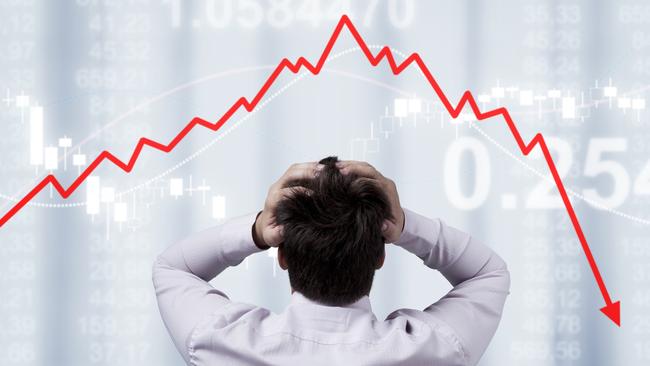
Rob Luciano lamented selling Spotify shares just before they surged 120 per cent. For Alex Waislitz, it was six key stocks underperforming that hit his results.
The L1 Capital duo Rafi Lamm and Mark Landau lamented their portfolio was “poorly positioned for the COVID-19 outbreak” but now say optimism about a vaccine “has created one of the best investment opportunities we have seen in our career”.
Meanwhile, Geoff Wilson says the way technology stocks are performing and the heights they are reaching is reminiscent of another bubble that could burst, but his Wilson Asset Management is being inundated with shareholder money for small and micro cap stocks. Andrew Clifford tips a reality check on “speculative mania” and “for those that stay at the party too long, it will be unpleasant.”
Company reporting season has shown the fine margins between success and failure for some of the country’s most renowned stock pickers and investors in a volatile market. Some were smashed by the effects of the global pandemic; some thought stocks would not bounce back as quickly as they have since the end of March and suffered accordingly.
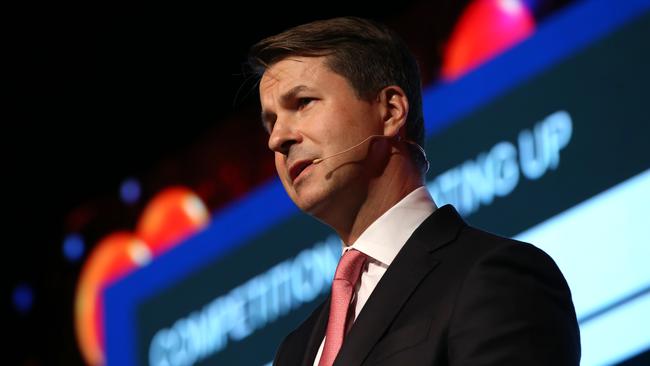
And now a divergence is opening up in their opinions about what happens next. Whatever the case with COVID-19, there is no clear consensus where markets are heading.
Luciano, the hedge fund manager/founder of VGI Partners, attracted the headlines for lamenting three key errors. They included that Spotify sell-off but also taking more short positions in a market that subsequently surged, leading to what he termed an “unacceptable” performance in the June quarter.
But this week Luciano also noted that he believed global equity markets were pricing in growth that probably could not be delivered, given weak business models for many companies that could not be masked indefinitely by taking on e-commerce strategies that were suddenly in vogue.
He had increased his “watch list” of prospective companies to short, he said, implying a belief that good times can’t continue forever.
“We are focused on positioning the portfolio for the environment we are in and working on the opportunities for the inevitable volatility that will come, and for the opportunities that we hope to ensue,” he said.
He is not alone in that opinion.
Renowned stock picker Ashok Jacob of Ellerston Capital enjoyed a strong year for his private boutique Ellerston Global Equity Managers Fund, thanks to its material exposure to gold and more recently silver.
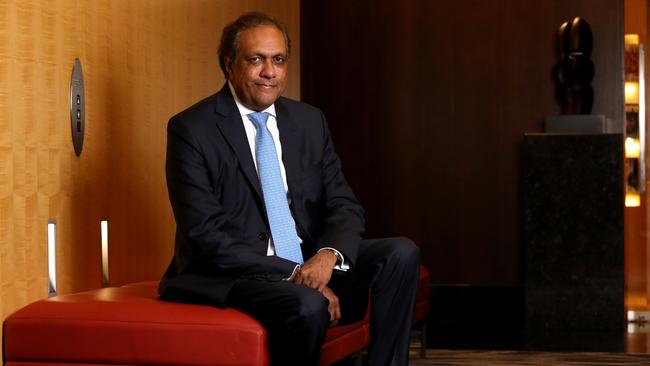
Jacob issued a warning about the market in a recent note to clients: while the market rally had been incredible, markets were looking “somewhat tired”.
“As fund managers who have been around for a long time, we believe that markets are approaching a turning point again,” he wrote. “The even more stunning performance of hyper growth, large companies trading at 10-50 times revenue has an eerie similarity to many market tops. The pin required to burst that bubble may well be the arrival of inflation. The spectacular return of gold (Old Gold!) in the past three months could well be a harbinger.”
Clifford, the boss of the ASX-listed Platinum Asset Management, delivered a warning in an interview with The Australian this week, saying: “I do suspect we are within weeks or months of (sharemarket) highs … (and) anyone who says it’s not like the tech bubble wasn’t around in the tech bubble.”
Wilson of Wilson Asset Management was one who was around for the tech boom and bust two decades ago and has similar views this time around.
“Where the market is at the moment, where the heights are and how the tech companies have been performing is very reminiscent of a bubble. The speed at which some of these share prices are moving, you’d have to be nervous,” he said.
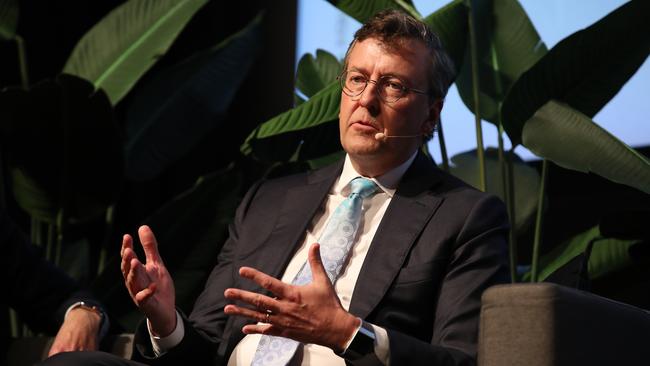
While his WAM Capital listed investment company suffered a statutory loss he notes the fund did outperform its benchmark.
His investors don’t seem nervous, however. This week 55 per cent of existing shareholders in the WAM Microcap LIC invested $58.7m in a share purchase plan. Wilson described it as an “overwhelming response and unexpectedly strong”.
That money is heading for discounted capital raisings many small and micro-cap companies are expected to undertake to cope with the effects of COVID-19.
It is a sector that billionaire Waislitz knows well. His Thorney Opportunities LIC slumped to a $46m pre-tax loss, and while he was disappointed with its performance he said it was more prudent to think long-term.
“After almost 30 years of active investing over many investment cycles I am convinced that, provided you buy well, the adage ‘time in the market always beats timing in the market’ is more relevant than ever,” Waislitz told investors this week.
Meanwhile, L1 Capital’s Lamm and Landau are pinning their ears back and going for it in the hope of unloved stocks rebounding.
They have gone 100 per cent net long in their Long Short Fund, “aggressively” buying from mid-March with a focus on high-quality businesses with strong industry positions and safe balance sheets.
Their picks include COVID-19-hit stocks like Star Entertainment and resources stocks at cyclic low points such as Oil Search.
“Many stocks globally are trading at deeply discounted levels because of the fear and uncertainty that the normal, pre-COVID-19, way of living may never return,” L1 said in a recent presentation.
“While a vaccine (or another solution) is not a certainty, we believe the probability is far better than what is priced into COVID-19-hit stocks. This has created one of the best investment opportunities we have seen.”
If it is only a matter of time until they are proved spectacularly right or wrong.



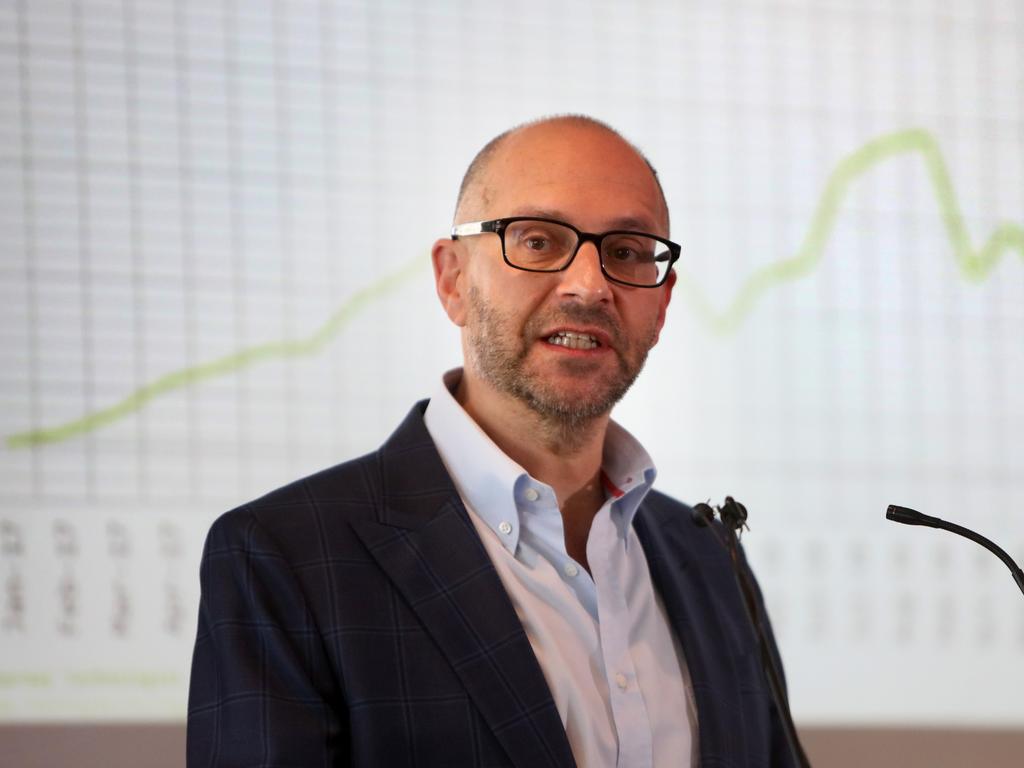
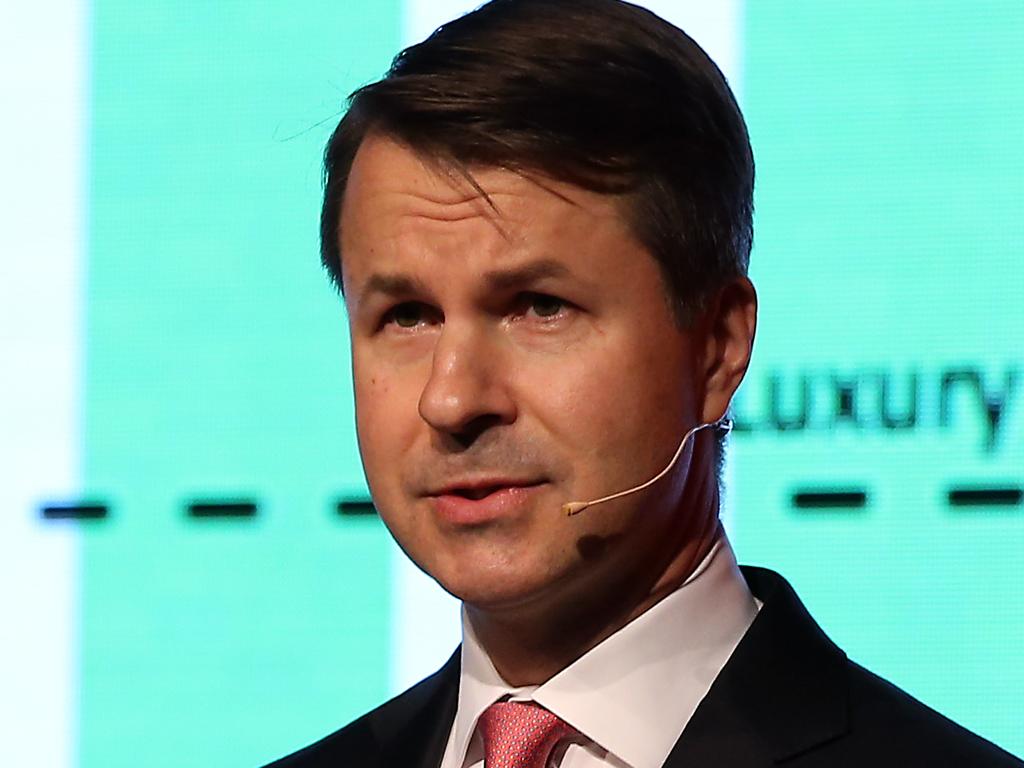


To join the conversation, please log in. Don't have an account? Register
Join the conversation, you are commenting as Logout